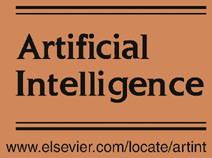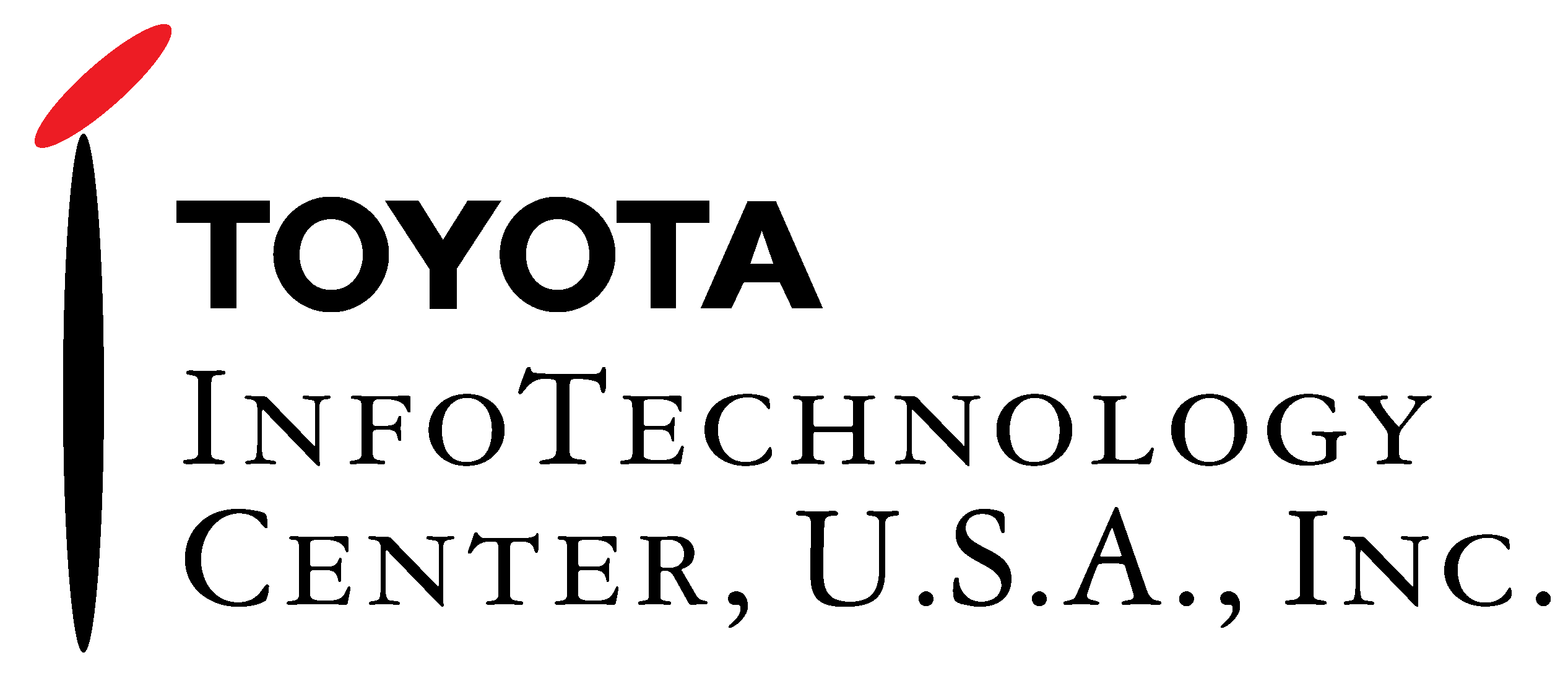UAI 2013 - Workshops
The workshops will be held on Monday, July 15th. For the workshops schedule, please visit this link.
1. Big Data meet Complex Models -- A UAI Application Workshophttp://pluto.coe.fsu.edu/UAI2013Workshops/BigData/ Determining causal relationships from observations and experiments is fundamental to human reasoning, decision making and the advancement of science. The aim of this workshop is to bring together researchers interested in the challenges of causal structure learning from observational and experimental data especially when latent or confounding variables may be present. The focus this year is on the intersection of the complex models studied by the UAI community with the emerging challenges of Big Data. In particular, we invite papers on the following themes:
Organizers:
|
||||||||||
2. Models for Spatial, Temporal and Network Data -- A UAI Application Workshophttp://pluto.coe.fsu.edu/UAI2013Workshops/SpatialTemporal/ Over 29 years, the annual Uncertainty in Artificial Intelligence (UAI) conference has explored complex models, many partially or fully Bayesian, which attempt to capture some of the complexities of human reasoning and decision making. As the capacity of modern computing has increased, so has the complexity of the models explored by the UAI community: complexity defined by many variables and many parameters which must be estimated from data or tuned to expert opinion. Implementing these models in practice often requires going beyond the theoretical development of the models: the difficulties arising from the practical application of UAI models has been the constant focus of the Bayesian Applications Workshop. Due to the past success of the Bayesian Applications Workshop, there will this year for the first time be two workshops with an applications theme. The theme of this applications workshop is spatial, temporal, and network data. One example of such data is the following. We are interested in thinking about the uncertainty in "mobile data," which may come from a GPS-enabled phone or a car. In mobile applications, one important aspect is the uncertainty associated with modeling things in the context of space and time as you are moving. In automotive, for example - you are moving, but with constraints, and these constraints impact your "search space." You are typically only looking for potential destinations in the cone of where you are traveling towards. There is also a time window over which certain goals are relevant and the goodness of a goal changes as you move. The social network of the driver and the passengers could also play a role. Another example of spatial, temporal, and network data is this: A scientist or an engineer (at ESA, NASA, USGS, or elsewhere) develops a probabilistic model in the form of a Bayesian network or a Markov random field. This is typically a declarative model of the domain - for example of earth fault motion due to earthquakes. A computer scientist or computer engineer is then concerned about how to efficiently compile and execute the model in order to compute posterior distributions or estimate parameters on a multi-core CPU, a GPU, a Hadoop cluster, a supercomputer, or another computer architecture. How well has this model worked in different domains, what are current challenges and opportunities? The focus this workshop is on models that deal with spatial, temporal, and network data as studied by the UAI community. In particular, we invite papers on the following themes:
This list is meant to be suggestive and not exhaustive; other papers with an application focus are welcome. Also welcome are papers which represent work in progress, explore a practical problem or issue without a final resolution, or pose challenging problems related to uncertainty for spatial, temporal, or network data. Workshop papers will be selected with the goal of stimulating discussion of critical issues within the community of practice. Note that the workshop is not restricted to a particular vertical market or discipline. Instead, the workshop seeks to cross-fertilize and inspire across disciplines, with a focus on how issues related to modeling of spatial, temporal, and network data is handled. Submissions will be peer reviewed and papers will be published online. Authors who wish to withhold their paper from publication (either because it contains references to proprietary data, or because they wish to publish it later at a different venue) can request that only the abstract be published.
Organizers:
|
||||||||||
3. Approaches to Causal Structure Learning Workshophttp://www.statslab.cam.ac.uk/~rje42/uai13/main.htm Causality is central to how we view and react to the world around us, to our decision making, and to the advancement of science. Causal inference in statistics and machine learning has advanced rapidly in the last 20 years, leading to a plethora of new methods. However, a side-effect of the increased sophistication of these approaches is that they have grown apart, rather than together. The aim of this workshop is to bring together researchers interested in the challenges of causal structure learning from observational and experimental data especially when latent or confounding variables may be present. Topics related to causal structure learning will be explored through a set of invited talks, presentations and a poster session.
Organizers:
|
||||||||||
4. New Challenges in E-Commerce Recommendations
http://amazonml.com/event/uai2013-workshop/ The “New Challenges in e-Commerce Product Recommendations” Workshop solicits submissions in the area of e-commerce product recommendations. Over the past decade, researchers in recommender systems have focused on algorithms such as matrix factorization and their application to relatively static and long-lived content catalogs such as movies. However, the continued surge of e-Commerce has surfaced a lot of new challenges that directly influence the design of algorithms. Our desire is to foster a discussion on this topic by bringing together industry leaders who have developed these experiences and connecting them with researchers in the field of Machine Learning as well as to broaden the areas of research in this space. Recommending products in e-Commerce poses some unique scientific challenges that we would like to discuss in this workshop:
Organizers:
|







